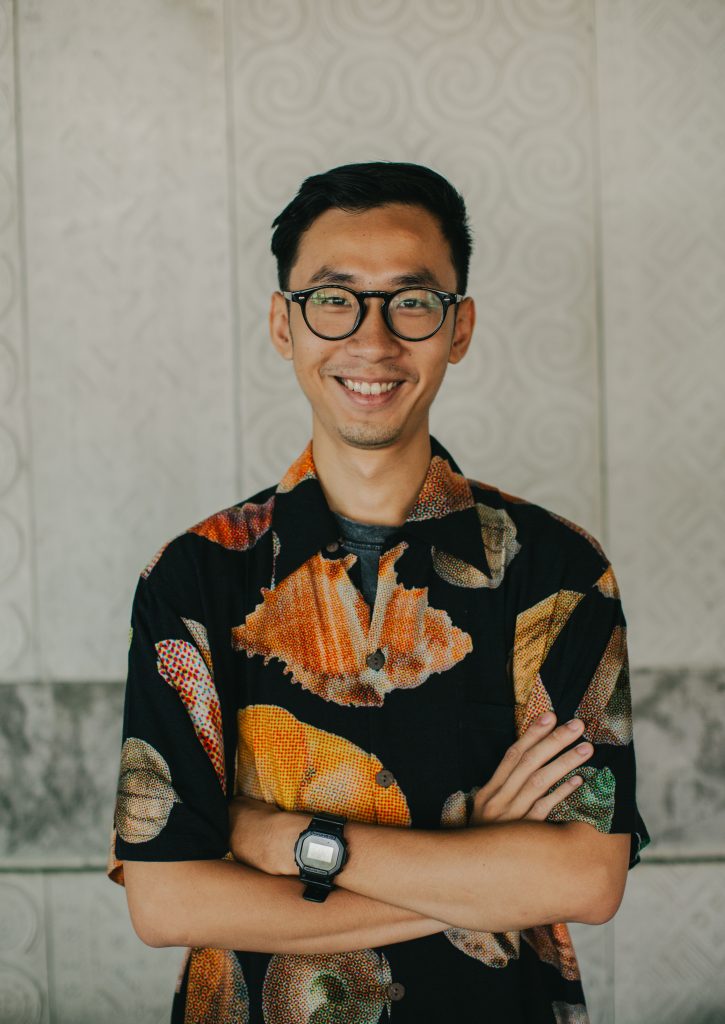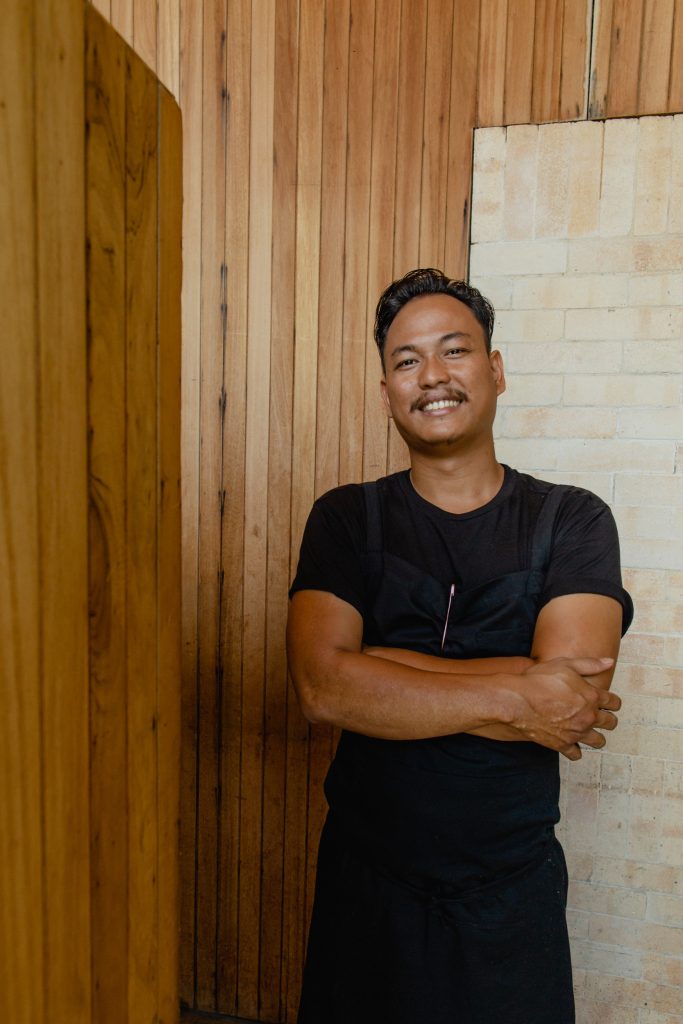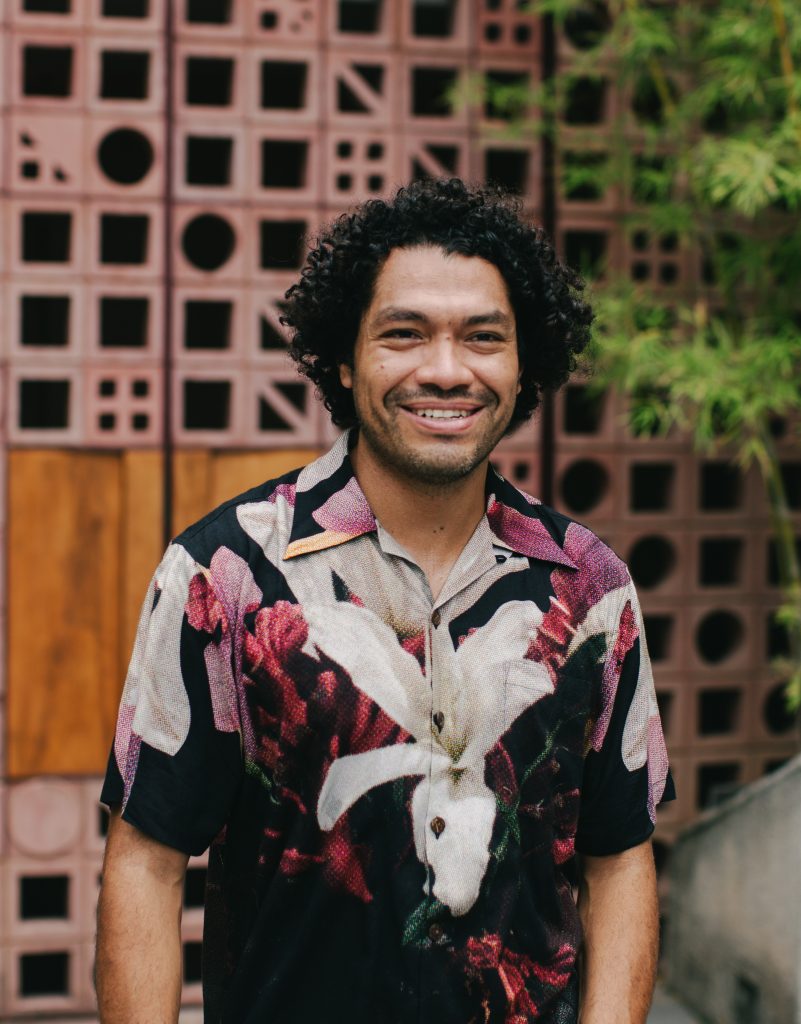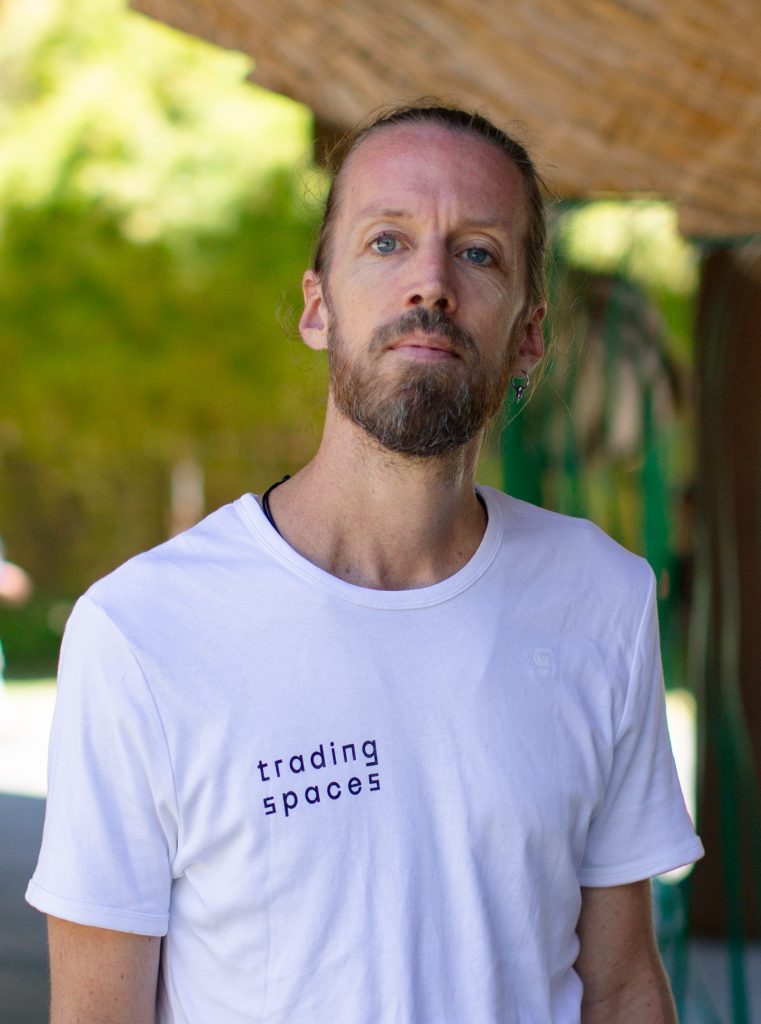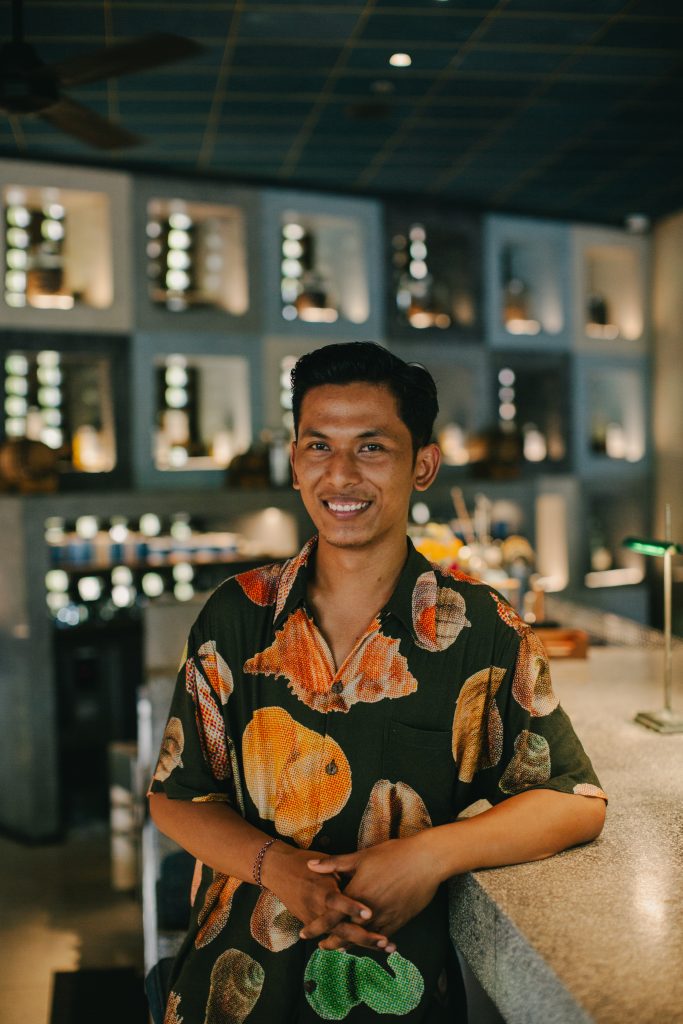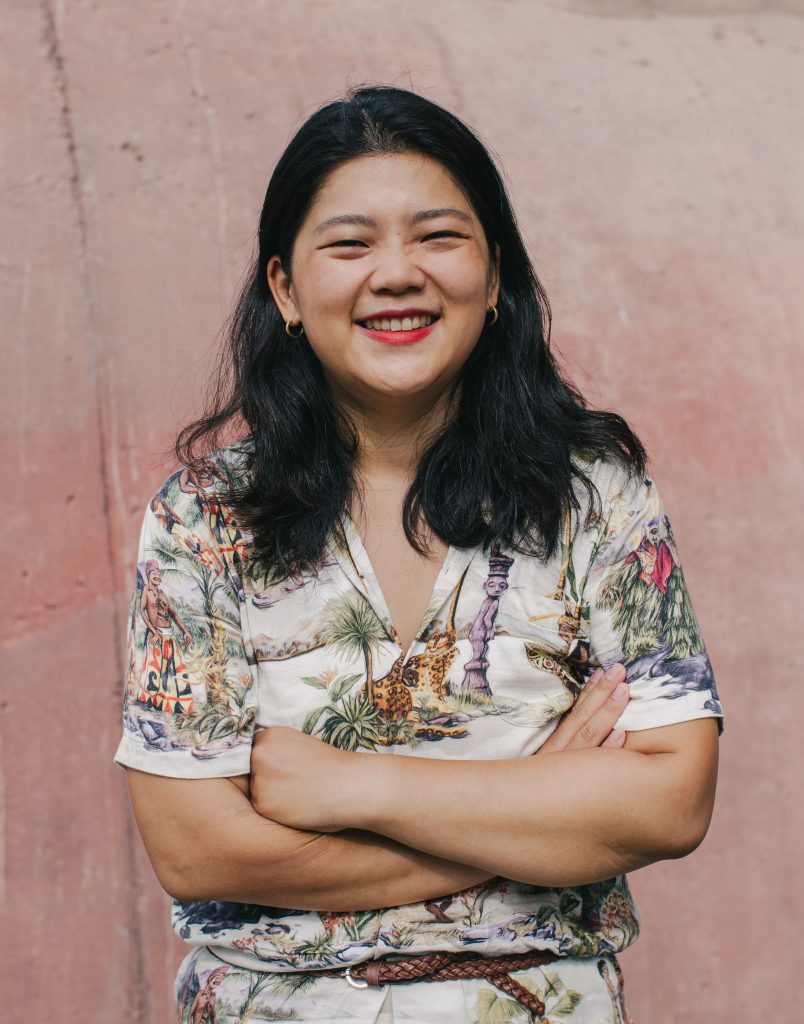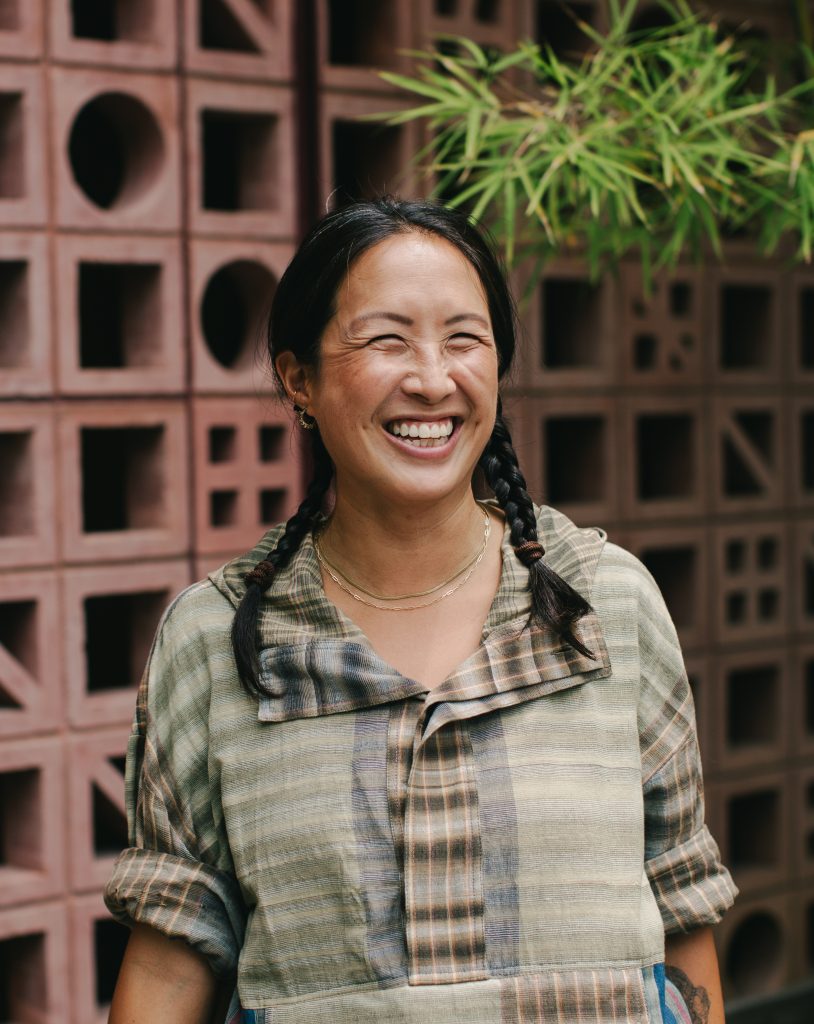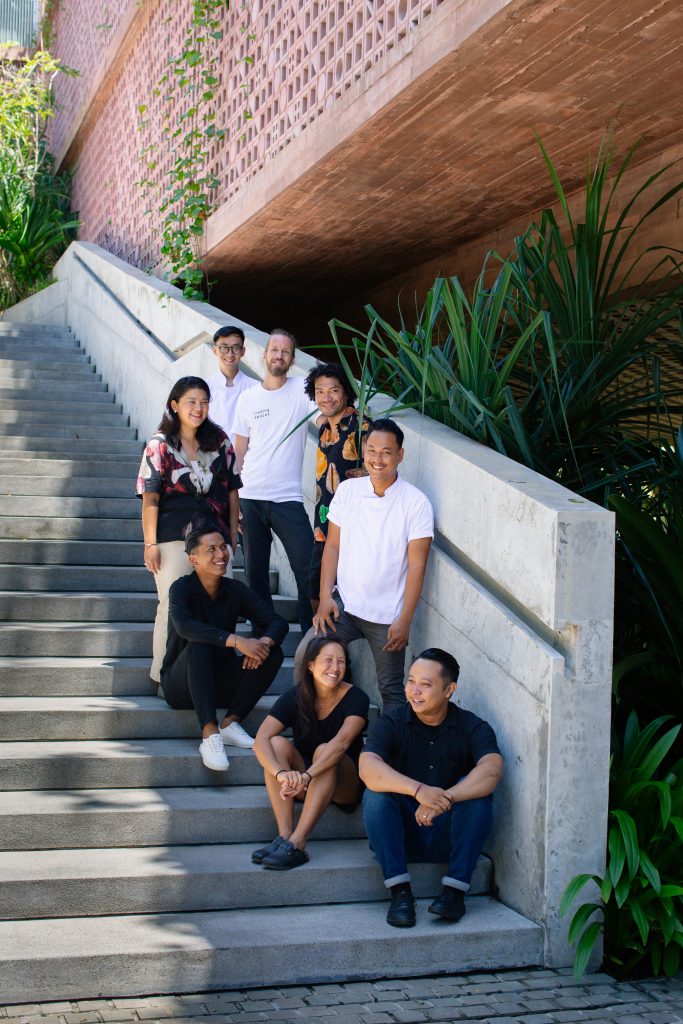Included in the World’s 50 Best Hotels awards of 2023, Desa Potato Head is an oceanside creative hub where music, art, design, food and wellness converge. They’re not only a pillar of Bali’s cultural scene, but a global destination for food and drinks.
For readers curious about what makes them a pillar of Bali’s cultural scene, we’ve asked them about their renewed commitment to integrating regeneration in their supply chain and reconnecting culture and our connection to the land.
1. Tell us more about regenerative farming practices in the archipelago. What are some things about Desa Potato Head’s local growing, farming and fishing communities that might surprise outsiders?
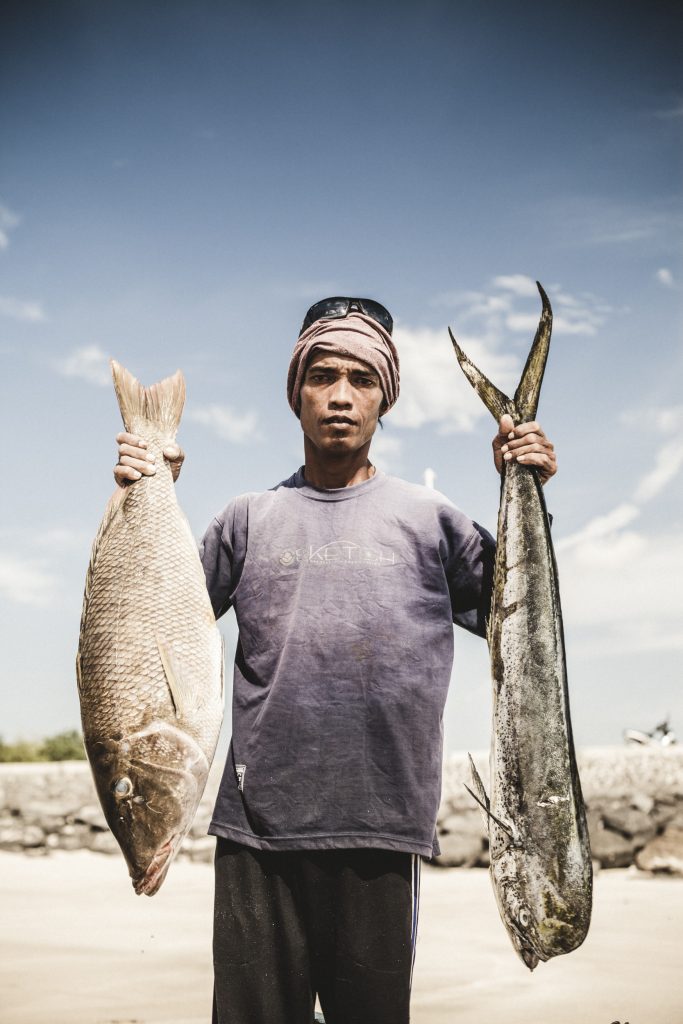
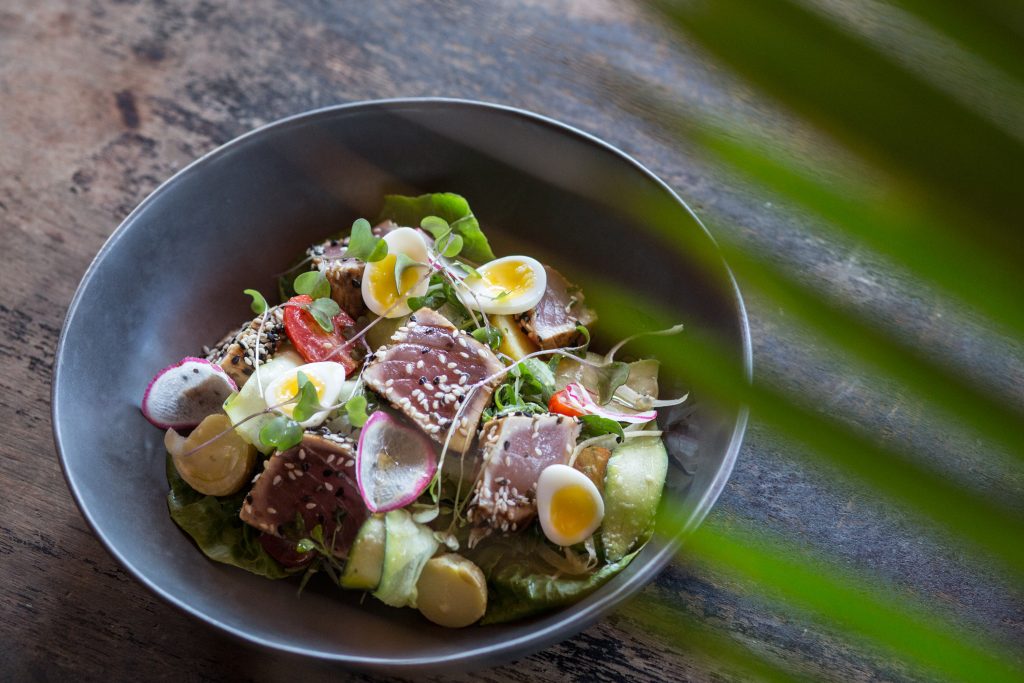
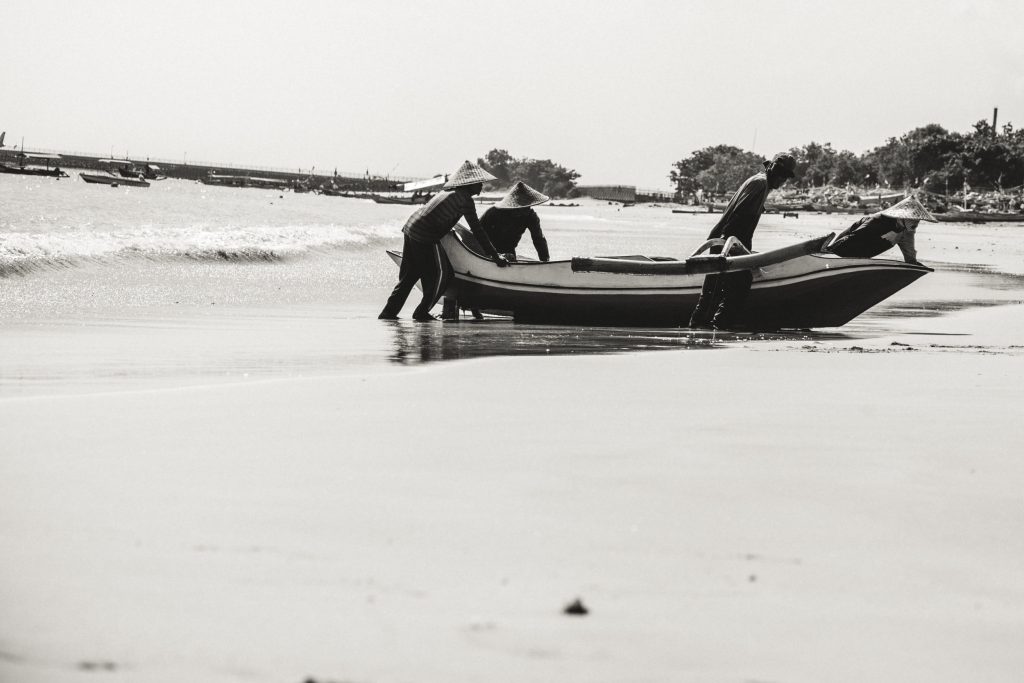
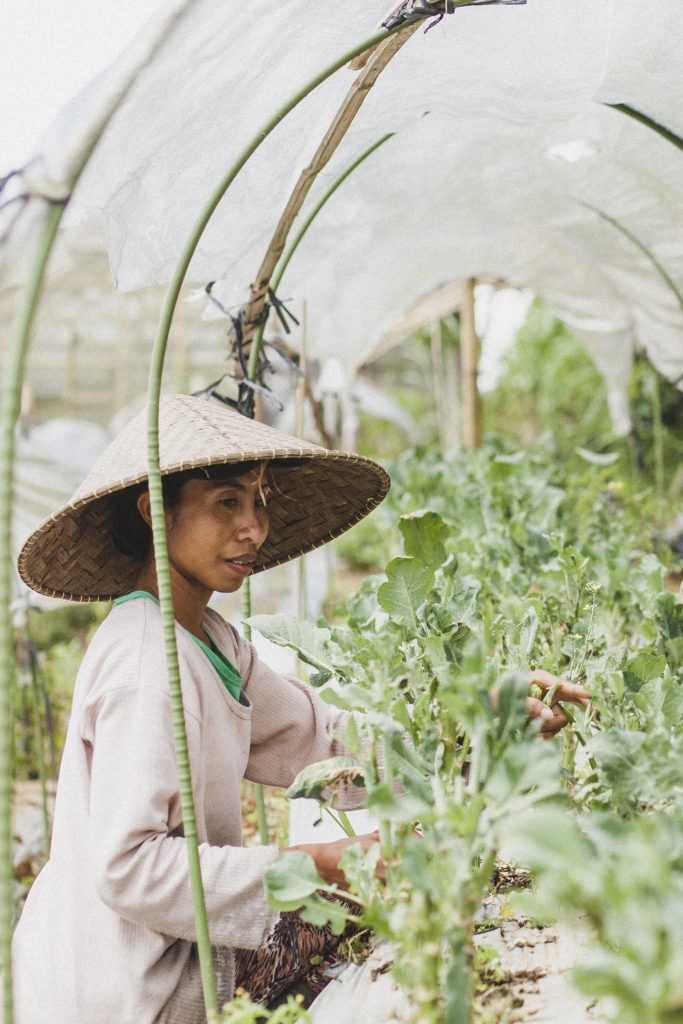
Tourism in Bali has significantly transformed the agricultural landscape, with many farmers shifting away from traditional sustainable methods to cater to the demands. This shift includes the cultivation of cash crops and the production of fruits and vegetables for restaurants and hotels. But this change also means they use more chemical fertilisers and pesticides, which hurts the environment.
Recognising the need for change in both the tourism industry and farming methods towards a more sustainable future, our team has started to delve deeper. We’ve been actively visiting various farms in Bali to better understand the current situation and explore potential solutions.
We know we don’t have all the answers yet, but we’re trying to make things better. Working directly with farmers is the best way forward, but we need to figure out how to do it right.
All the products we choose to cook with are chosen with sustainability in mind. We source our ingredients locally, ensuring they are naturally grown and free of pesticides. We opt for organic options when possible and prioritise line-caught or sustainably farmed seafood. However, we feel the need to take it one step further and become more involved.
In 2017 we open Ijen, the first restaurant following a zero-waste philosophy in the region. We worked together with our suppliers and insist all deliveries are brought to our Desa with no single use plastic, so instead they started delivering with banana leaves as wrapping for ingredients and in specially provided containers or reusable crates.
2. What’s the role of education and culture-making in driving change? How does the Sweet potato Project and the on-site Waste Lab try to accelerate the adoption of regenerative practices?
The most valuable lesson we’ve learned is to work closely with farmers and fishermen whenever possible. This collaboration allows us to guide farmers on which products chefs need for our dishes and when to harvest plants for the best flavours, but also farmers can tell us about the challenges they face, and the seasonal variations in produce. This mutual exchange of knowledge not only enriches our understanding of the food we serve but also fosters a deeper connection to the land and the people who cultivate it. From our perspective, farmers are the creators, and chefs are the executors; we rely on each other.
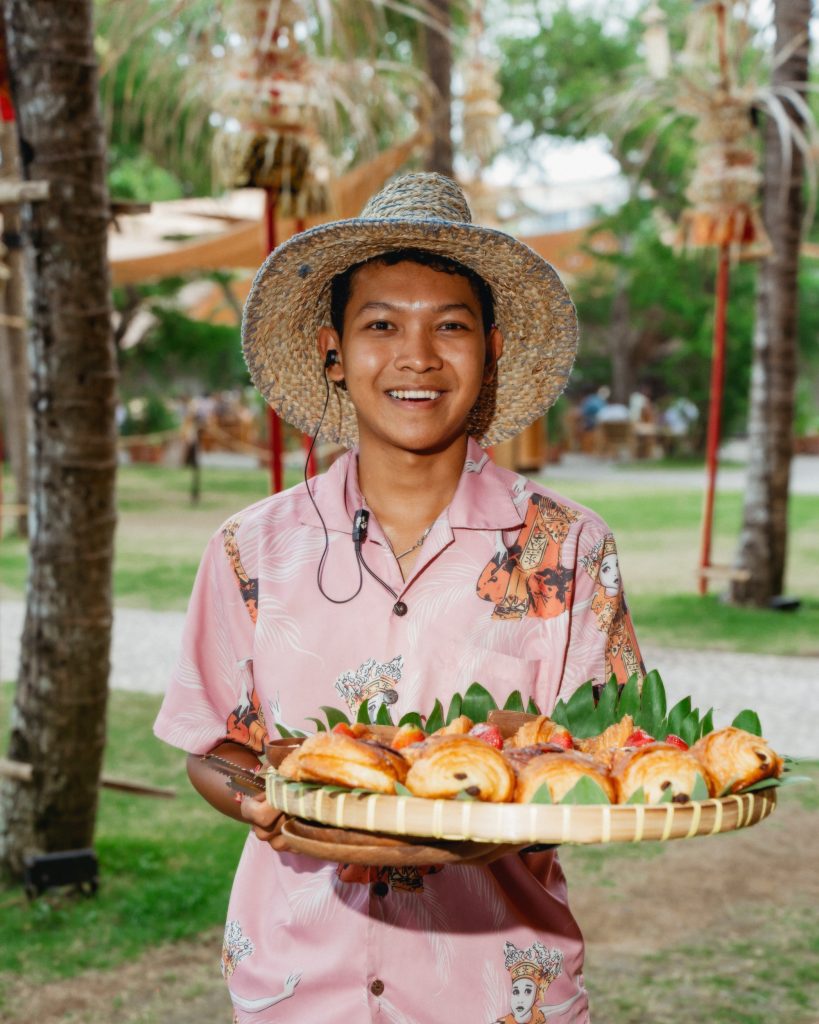
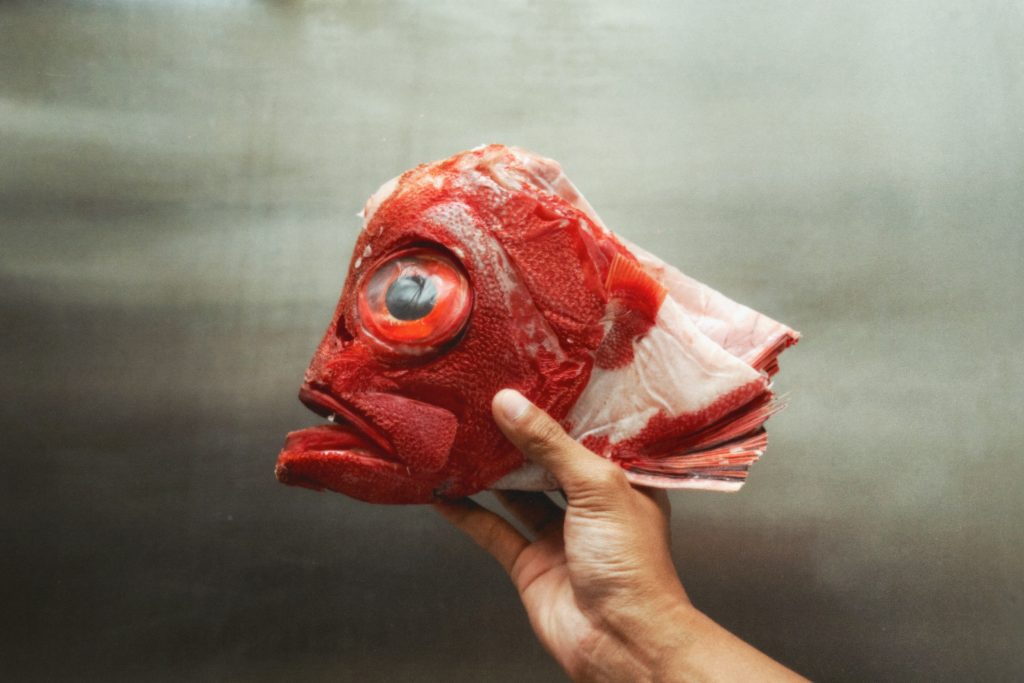
Our Sweet Potato project is primarily focused on the community. While we do obtain some produce for Desa, the majority is distributed to our community and neighbours.
The Waste Lab serves as an excellent example. It was established with two primary purposes in mind. Firstly, when we opened Ijen, we needed a dedicated R&D workspace for developing new products from waste materials.
One of our significant challenges was dealing with hard shells, primarily from Ijen and across Desa Potato Head. In the Here, we create hotel amenities, such as tissue boxes and containers, using leftover waste from Ijen, such as hard shells, styrofoam, and plastic waste. We also recycle cooking oil from our deep fryers to make small candles for our tables, using glass holders crafted from recycled bottles cut in half.
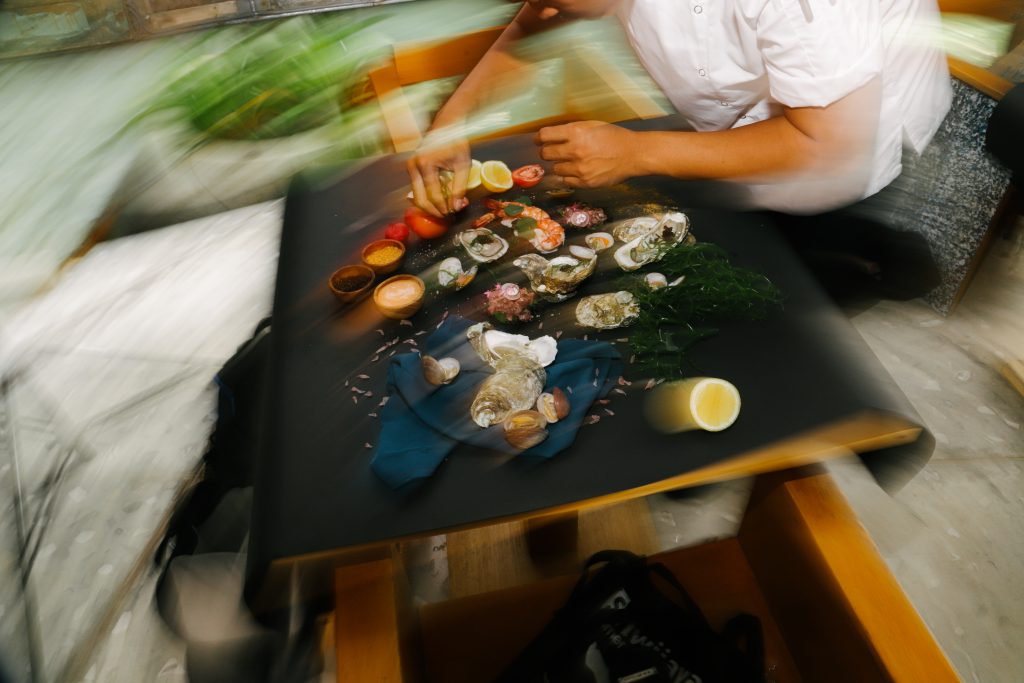
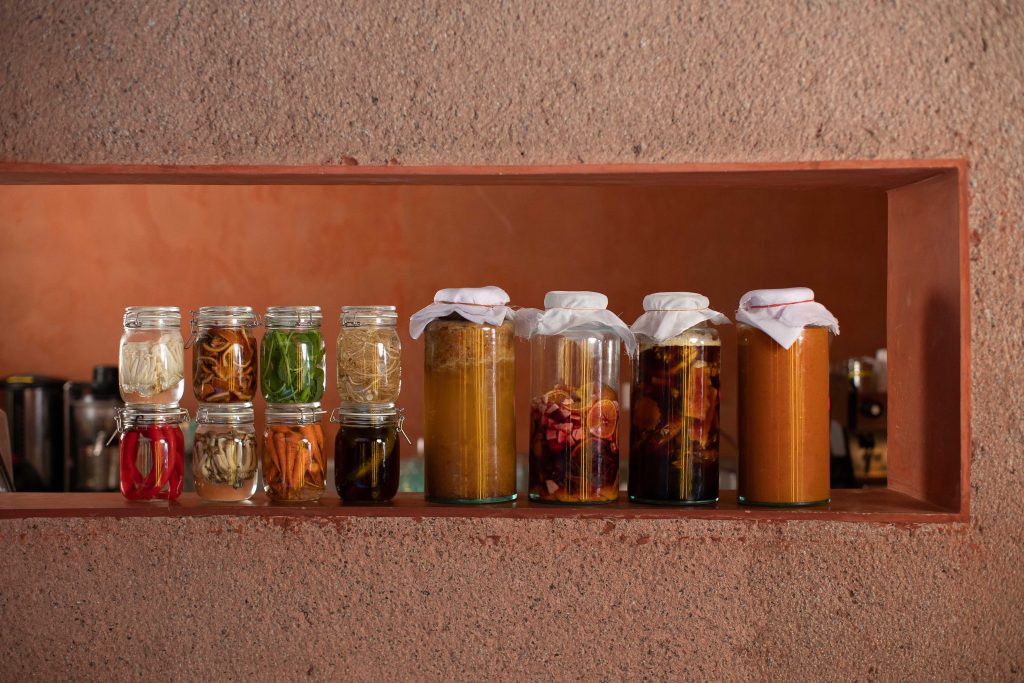
The second reason for creating the Waste Lab was to share our R&D efforts with the community and facilitate our open-source initiative. We now offer a daily “Follow the Waste Tour” at 11 AM for all our guests to experience first-hand. The tour includes a workshop at the end, offering an inspiring journey where guests can witness our waste being separated, processed into materials, and transformed for use throughout our Desa.
In 2023, we recorded the registration of 2,282 guests who joined to learn more about our Waste Management system through our Follow the Waste Tour. We believe that environmental care is a collective responsibility, not a competition. This is where we take collaboration to new heights. Conceived in 2023, the waste centre “Wasted Suwung,” is a joint effort between Bali-based businesses aimed at significantly reducing what we send to Bali’s overflowing landfills, starting from 2024, by sorting waste and maximizing reuse. Initially, our goal is to achieve zero waste for our Batu Belig neighbourhood, with the ultimate aim of achieving zero waste for Bali.
3. When designing a conscious supply chain that powers a profitable business, what have been some of the highest and lowest points? What are some joys and challenges?
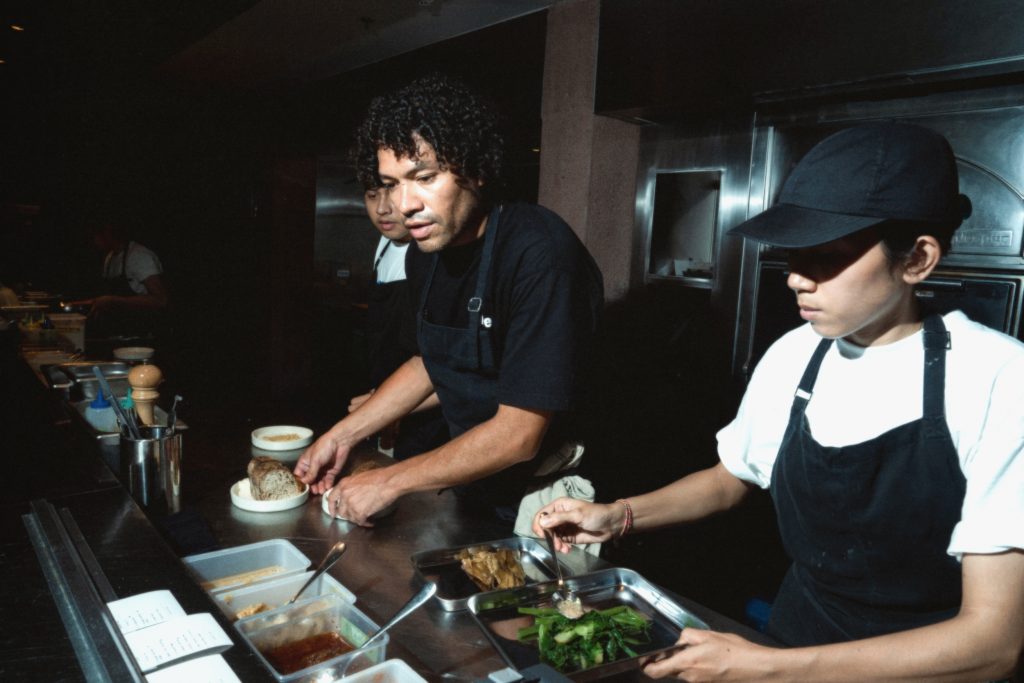
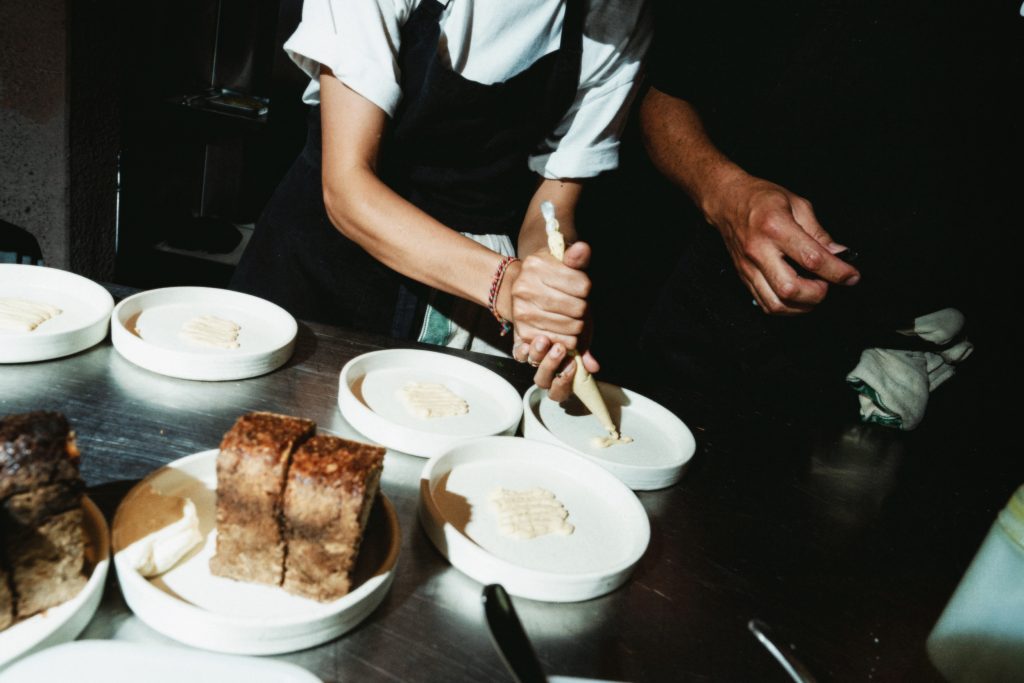
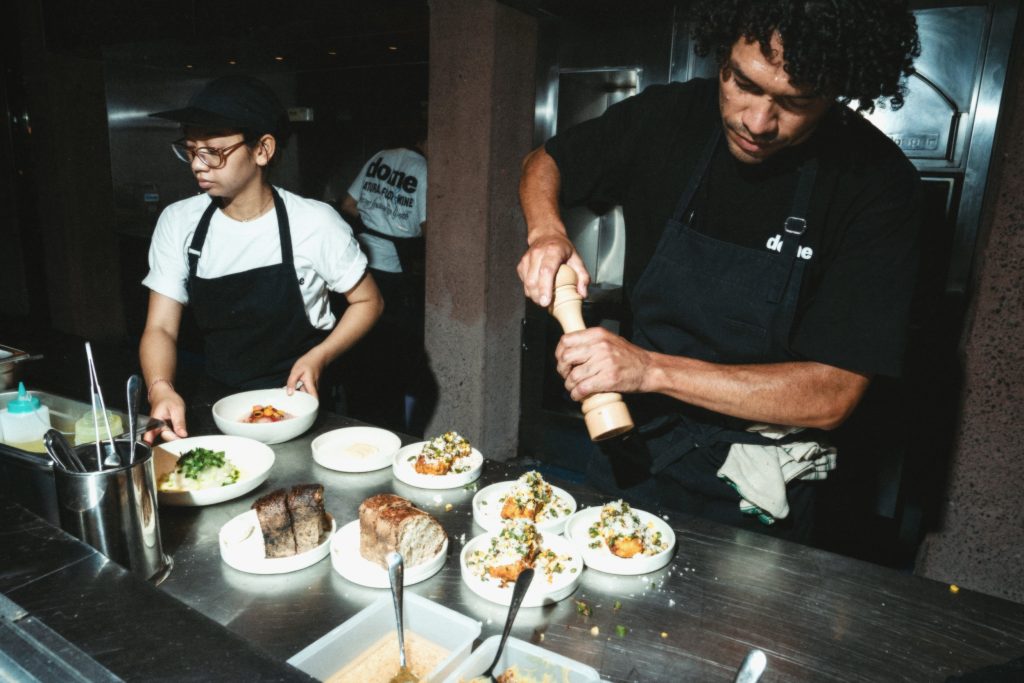
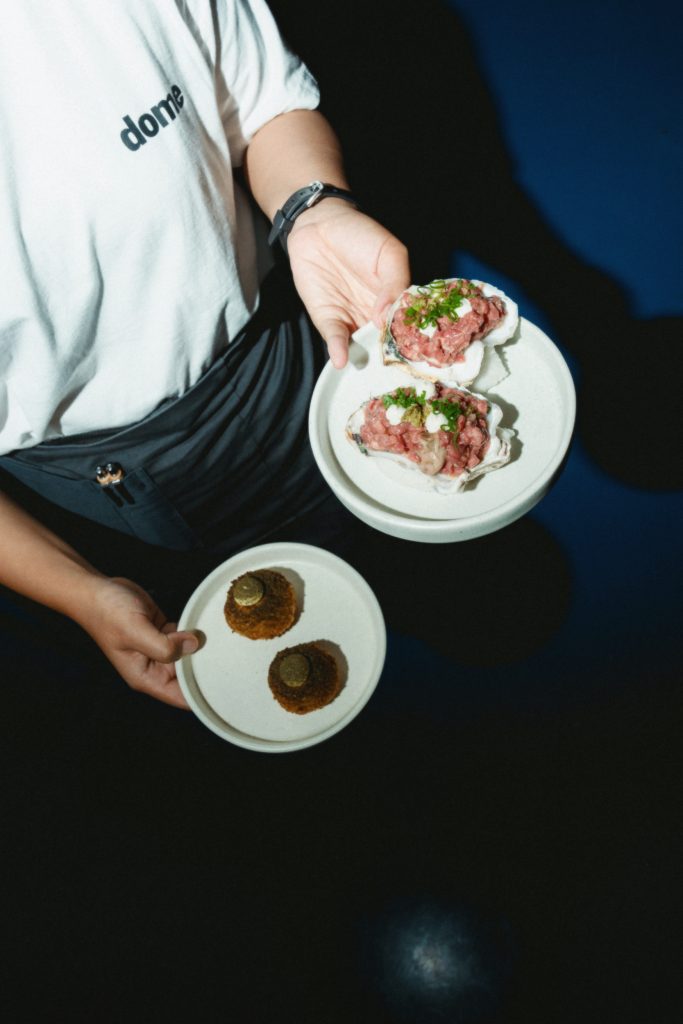
Our ethos is simple: we believe in making the most of every product we use, minimising waste to compost or none at all.
We see it as our responsibility to care for the environment, given that we benefit from it. It’s as simple as that.
4. Question for Daryl Wonorahardjo: How did you go from bioengineering to now creating culinary experiences? What’s similar, what’s different about these disciplines?
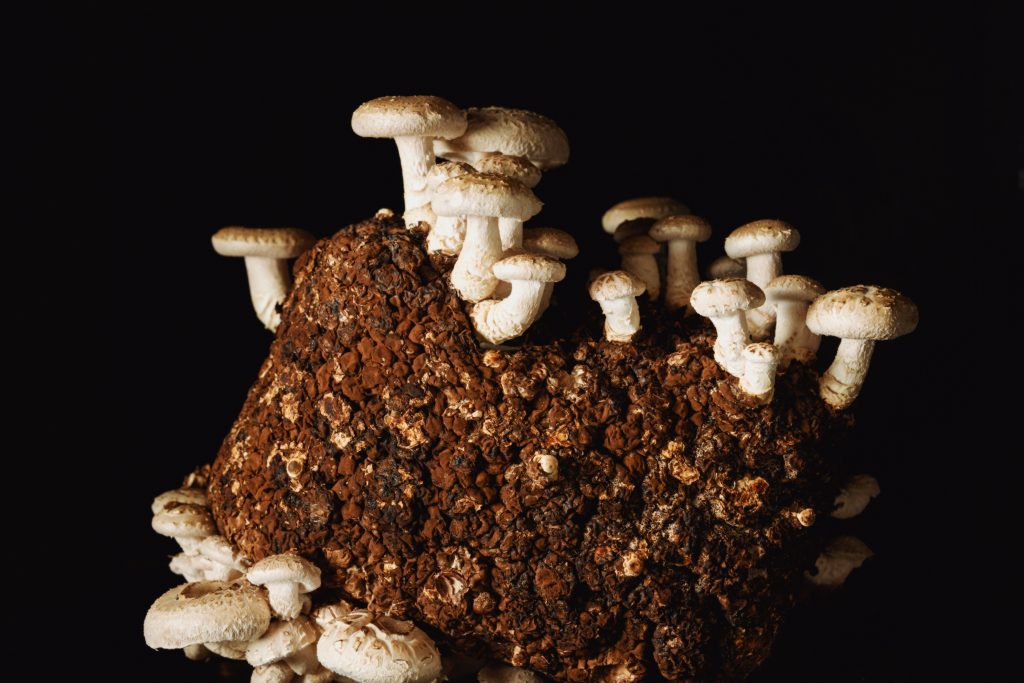
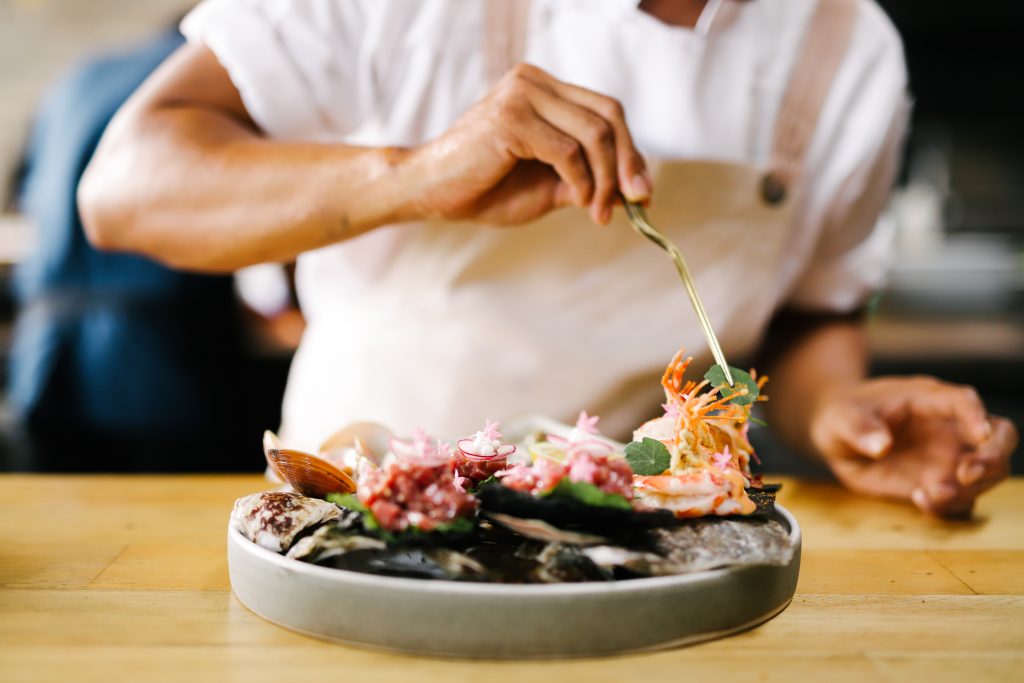
Moving from bioengineering to culinary arts might seem like a big shift, but there’s actually a surprising overlap. Bioengineering taught me to design and optimise systems, a skill that’s crucial in my role managing culinary operations.
In both fields, success depends on understanding complex systems and manipulating variables to achieve desired outcomes. However, while bioengineering focuses on biological processes, culinary arts dive into taste, culture, and sensory perception.
Despite these differences, the fundamental principles of problem-solving and creativity remain constant. My background in bioengineering brings a unique perspective to my culinary practice, enriching the dining experiences I create.
5. “Conscious cocktails” and “sustainable bars” are not common concepts! What are some cool facts behind the creations on the drinks’ menu?
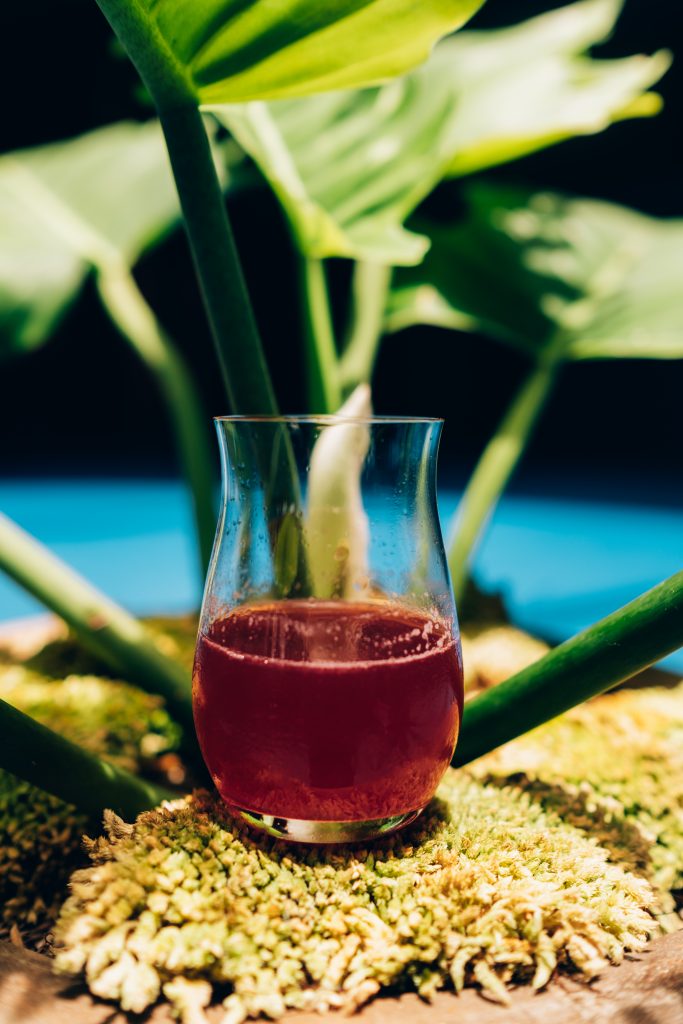
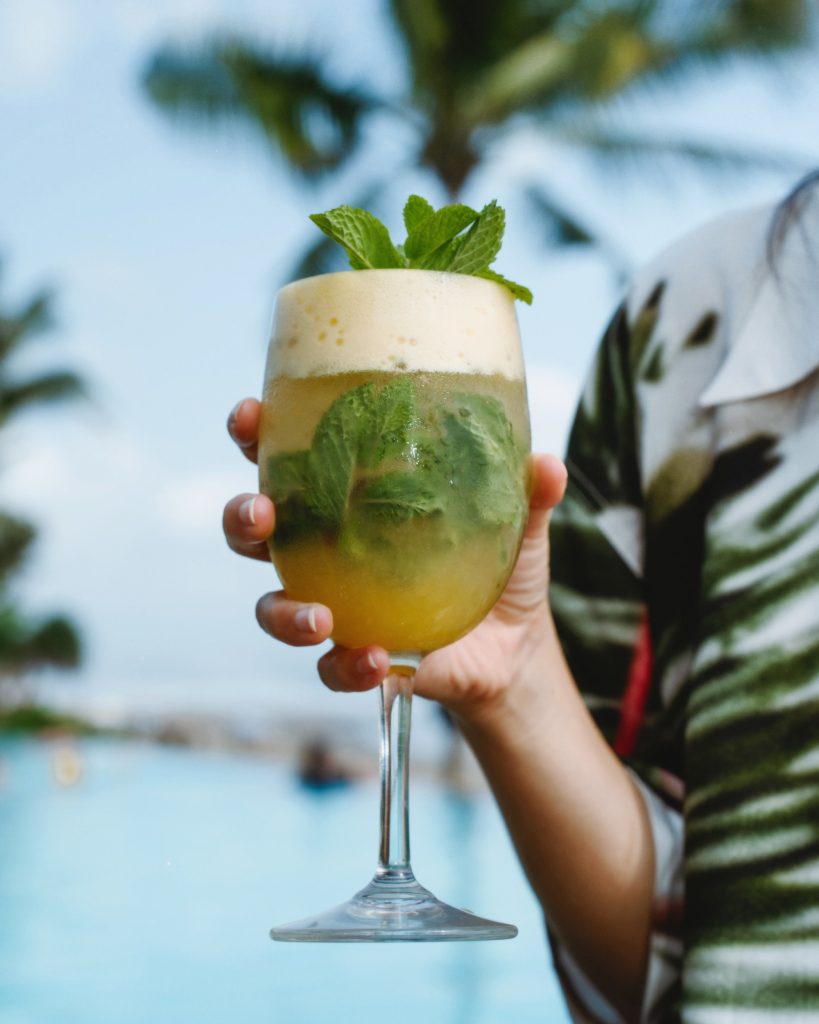
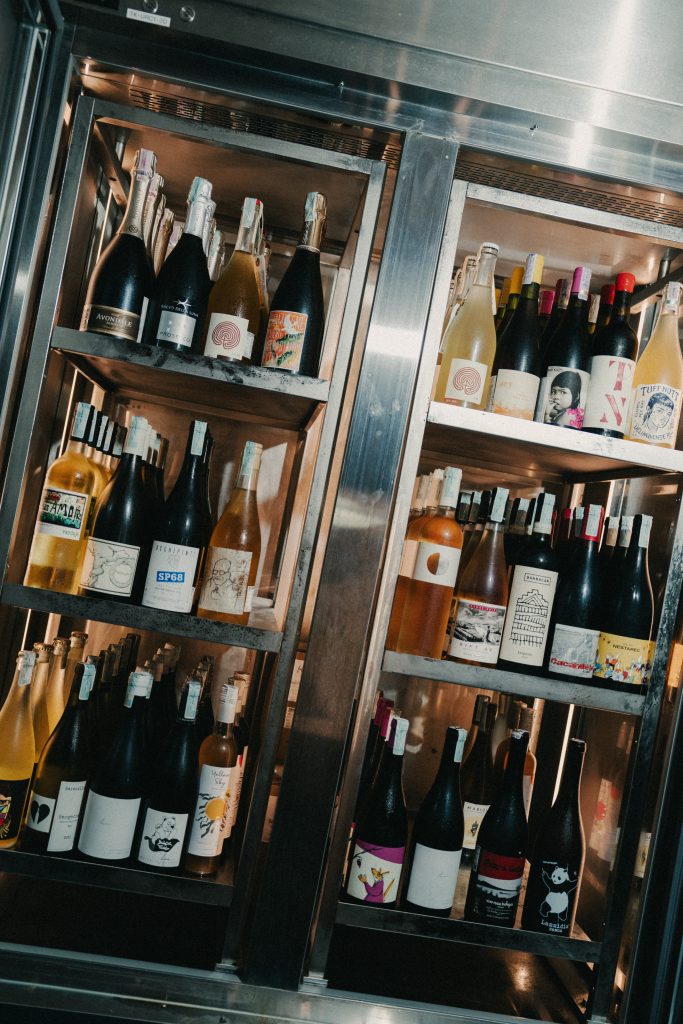
It starts with the ingredients and ends with the guest experience. We work hard to source and use the best quality local produce, which is exemplified by the way we embrace arak as a key ingredient in so many of our signature drinks. By using it in creative ways — infusing it with local herbs and spices, we’re able to showcase the often-misunderstood spirit in a whole new light. We honour age-old techniques, utilising traditions like fermentation to come up with surprising new flavours.
As well as this, we take care to make our drinks as healthy as possible, for example, never using refined sugar in any of our drinks. And we never forget to add a sense of fun — from the presentation to the flavours. We are Potato Head, after all.
6. The F&B team has great diversity and variety of stories/ backgrounds/ perspectives. What’s the common thread or set of shared values that unites the Potato Head team?
We’re trying to convey that food is a lifestyle. We want to promote a healthy, connected life through our food — where the farmers, the fishermen, the cooks, the consumers, and even the composters are all connected to the life cycle of the food. We all experience this food lifestyle together, a feeling that’s enhanced by the way we serve our food on family-style sharing plates.
Feeding our friends, family and loved ones is one of the most natural human instincts, it’s a way of showing care for one another, and we do it with love as we share the amazing ingredients and flavours this island has to offer.
